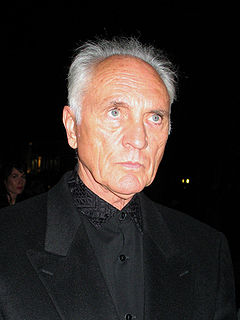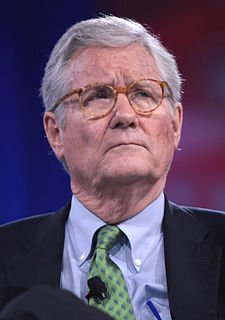A Quote by Eric Liu
The strongest streak in the American character is a fierce pragmatism that mistrust blind ideology of every stripe and insists on finding what really works.
Related Quotes
Whatseems to take place outside ideology (to be precise, in the street), in reality takes place in ideology. What really takes place in ideology seems therefore to take place outside it. That is why those who are in ideology believe themselves by definition outside ideology: one of the effects of ideology is the practical denegation of the ideological character of ideology by ideology: ideology never says, 'I am ideological.'
Every work of art (unless it is a psuedo-intellectualist work, a work already comprised in some ideology that it merely illustrates, as with Brecht) is outside ideology, is not reducible to ideology. Ideology circumscribes without penetrating it. The absence of ideology in a work does not mean an absence of ideas; on the contrary it fertilizes them.
Economy and ideology. The claim (presented as an essential postulate of historical materialism) that every fluctuation of politics and ideology can be presented and expounded as an immediate expression of the structure, must be contested in theory as primitive infantilism, and combated in practice with the authentic testimony of Marx, the author of concrete political and historical works.
What's impossible not to notice, though - it's all around us - is the diminution of American prose: How pedestrian it has become. Pick up any short story and listen to its voice, the tedious easy vernacular that mistakes transcription for realism. This would display an understandable pragmatism if it were a pandering to common-denominator readers; but it is, in fact, a kind of hifalultin literary ideology, the less-is-more Hemingway legacy put through an up-to-the-minute industrial blender.
There are so many different ways to develop a character - physically, mentally, spiritually and all of that - but the research was really beautiful. I love the process of finding characters because, in the beginning, it's really unknown, and then, by the end of it, all of a sudden, you're walking and talking like that character.






































